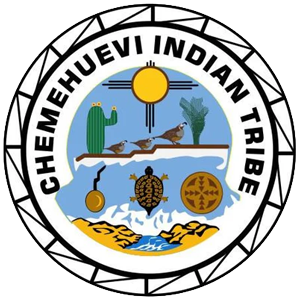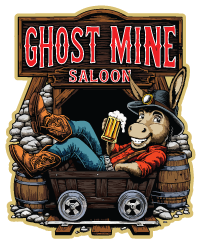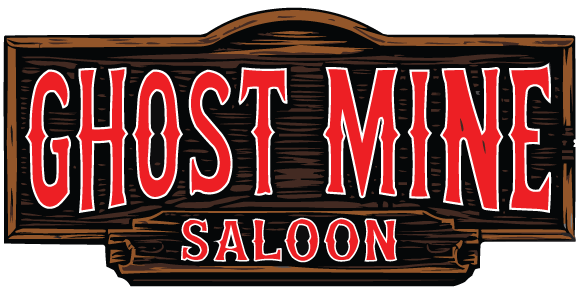Traditionally, the Chemehuevi were semi-nomadic hunter-gatherers who lived in harmony with the harsh desert environment. Their deep knowledge of the land allowed them to survive and thrive by skillfully utilizing native plants, desert game, and natural water sources. They followed seasonal cycles, moving with purpose and care to preserve the delicate balance of their surroundings.
The name “Chemehuevi” is believed to mean “those who play with fish,” a tribute to their connection to water, particularly the Colorado River. However, the people refer to themselves as Nüwü, meaning “The People.
- Those who run like roadrunner…
Culture, Language, and Traditions
Chemehuevi culture is rich in oral storytelling, spiritual beliefs, and traditional practices. Their language, part of the Southern Numic branch of the Uto-Aztecan family, is a vital link to their history, worldviews, and identity. In recent years, efforts have grown to preserve and revitalize the Chemehuevi language and customs for future generations.
From intricate basket weaving to traditional songs and ceremonies, the Chemehuevi have maintained a resilient spirit and a vibrant cultural heritage in the face of significant challenges throughout history.
Modern Day Chemehuevi
Today, the Chemehuevi Indian Tribe is federally recognized and based on a reservation near Havasu Lake, California. The tribe continues to honor its heritage while working toward a sustainable future—operating tribal enterprises, supporting cultural preservation programs, and caring for the land and water that have always sustained them.
Their presence and legacy remain an integral part of this region’s past, present, and future.
Our Respect and Gratitude
We at the Ghost Mine Saloon and Oasis at Havasu Palms acknowledge the Chemehuevi people as the original stewards of this land. We express our deepest respect and gratitude for their enduring connection to this place and their continued contributions to the cultural richness of the region.
May we honor their history, celebrate their resilience, and protect the land we now share.
For more information visit www.chemehuevi.org
Pierce, C.C. (Charles C.), 1861-1946 (photographer)


